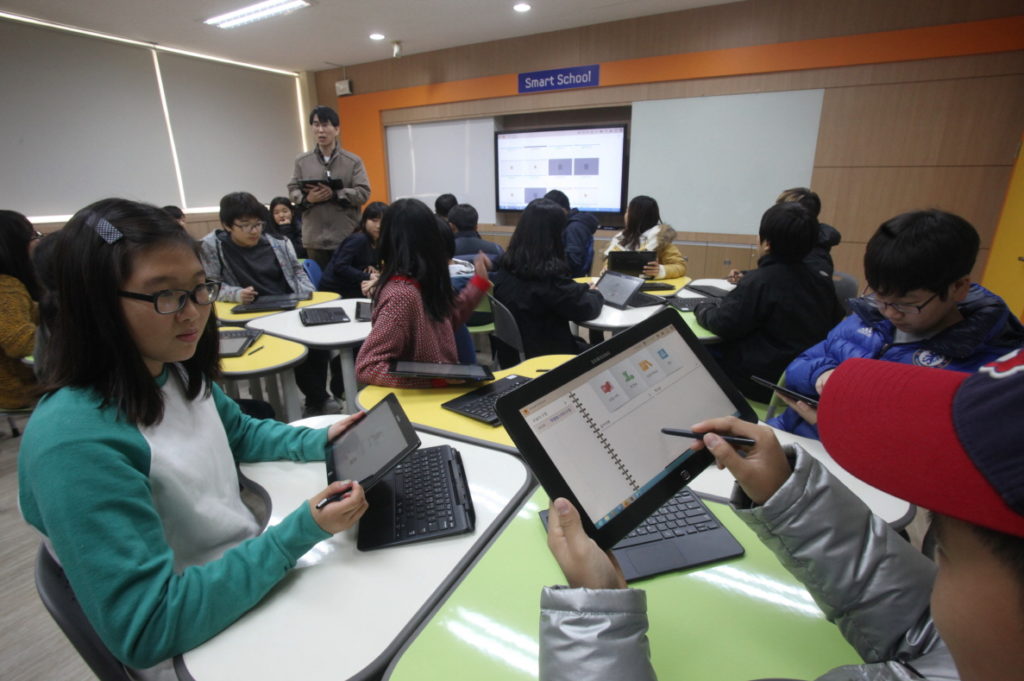The Peninsula
Putting the Cart Before the Policy Horse

What Happened
- The Seoul Metropolitan Office of Education recently announced that schools in the city will be adopting electronic boards by 2024 to accommodate more digital hardware in classrooms.
- Teachers, however, pushed back against this proposal, arguing that they have not properly considered the practical application of these tools.
- Meanwhile, the Korean government has been criticized for not addressing basic infrastructure issues such as old chalkboards and outdated toilets.
Implications: Korean policymakers sometimes set goals without considering societal actors’ capacity to achieve them. In the case of school modernization, the Seoul Metropolitan Office of Education is pushing for the adoption of new technologies without taking into account how existing electronic boards have been used and how teachers might accommodate new digital tools. While there is a push for the Korean national government to address the basic infrastructural needs of aged schools, Seoul’s response appears to be an overreach. This disconnect is echoed in the ICT ministry’s recent goal of creating 1,800 companies that specialize in new 5G services by 2026 without first recognizing infrastructural deficits.
Context: Policymakers have previously neglected to consult local stakeholders before initiating public projects. Earlier this year, the Korean government announced plans to install the world’s largest wind power plant as part of its commitment to decarbonize its economy. However, the state neglected to engage local constituents along the coast where the wind farm was being established. As a consequence, there were strong protests from the local fishing industry that raised concerns on the wind turbines’ effects on marine habitats. The government’s failure to preemptively allay such concerns creates delays that add to the cost of transitioning from carbon-based power generation.
This briefing comes from Korea View, a weekly newsletter published by the Korea Economic Institute. Korea View aims to cover developments that reveal trends on the Korean Peninsula but receive little attention in the United States. If you would like to sign up, please find the online form here.
Korea View was edited by Yong Kwon with the help of Janet Hong and Yubin Huh. Picture from Samsung Newsroom
